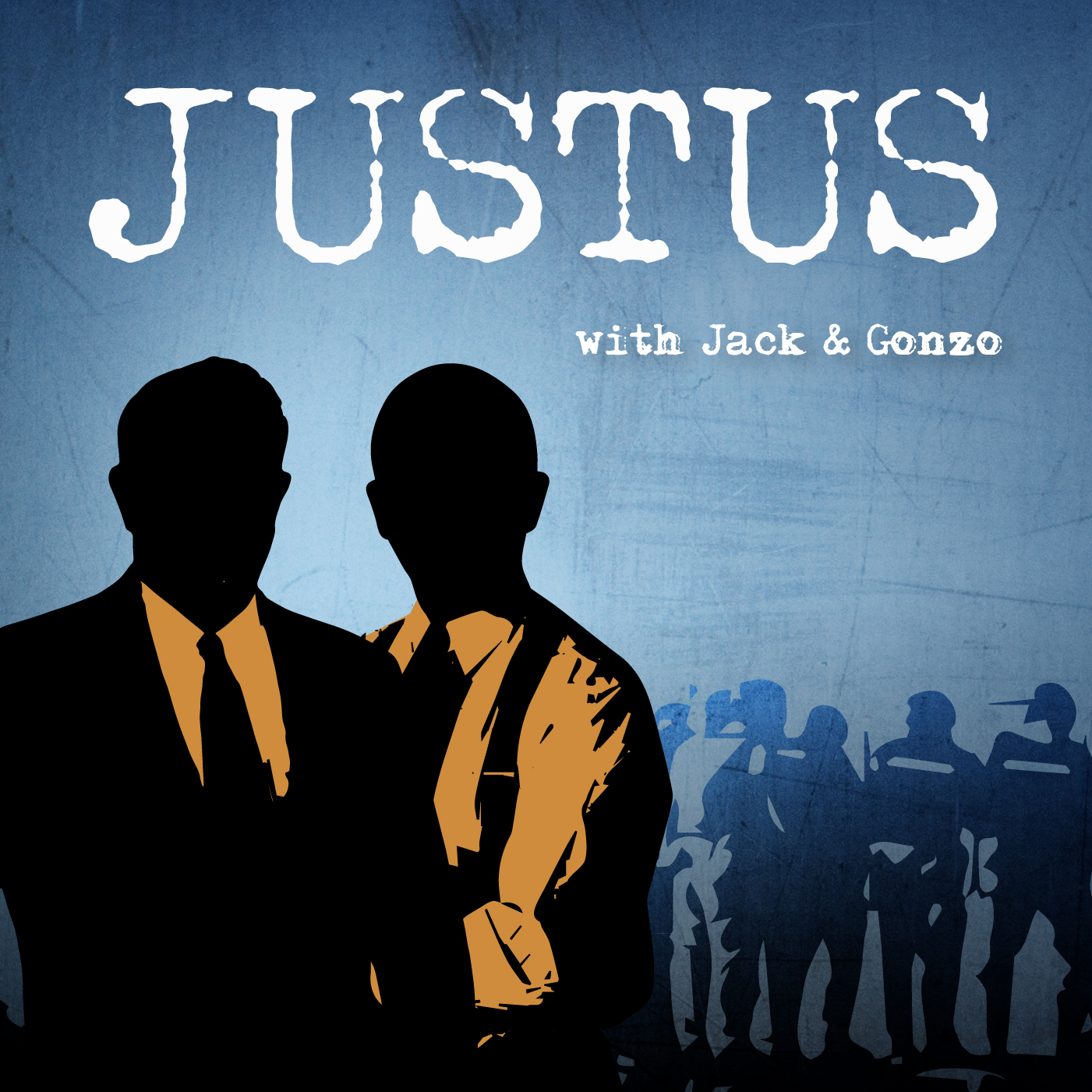62. How much more lying can we tolerate
People lie out of self-preservation—think Pete Rose lying about not betting on baseball—or to promote a political goal—President George W. Bush’s administration stating Saddam Hussein had weapons of mass destruction, when he didn’t. Besides lying, people often talk about things as if they know with certainty what they’re talking about, when, in reality, they’re just guessing. Why do people, mostly politicians it seems, behave this way? Because it works. Regardless of whether false statements are made knowingly or not, too many people rely on a speakers’ veracity and don’t bother to doublecheck what they hear. The result: people get duped. Spreading falsehoods is a divisive business and undermines the nation’s unity. Listen to the conversation between Jack and Gonzo.

